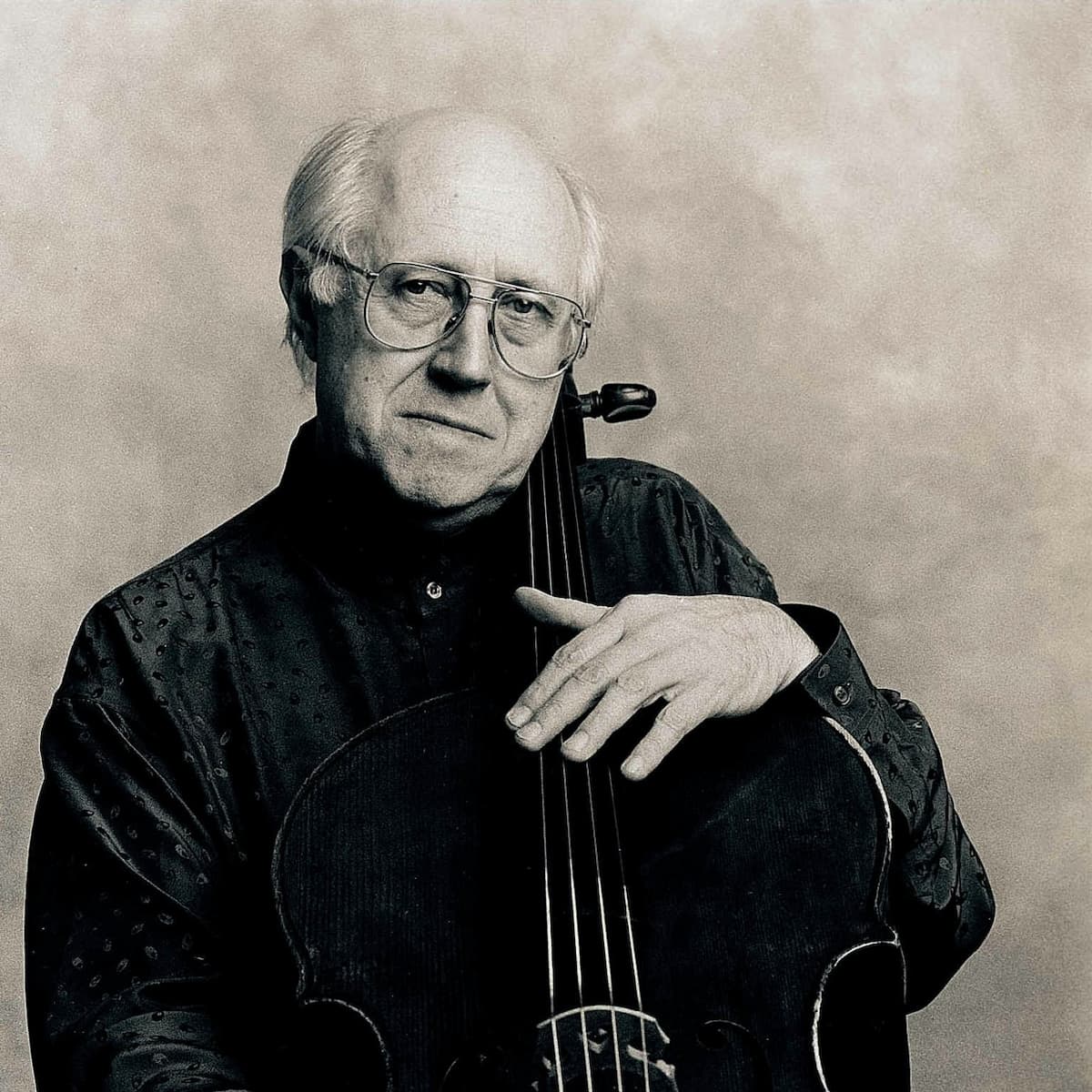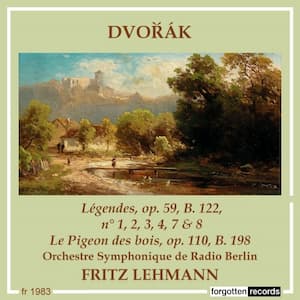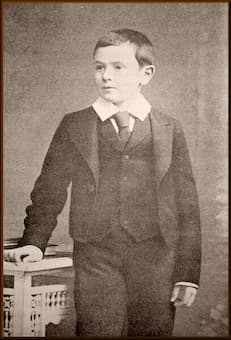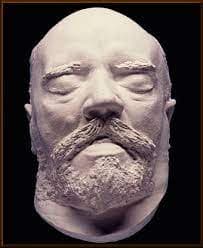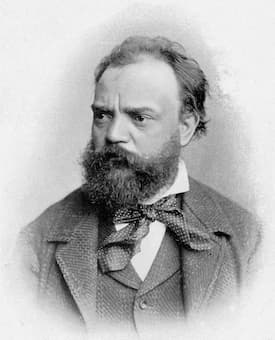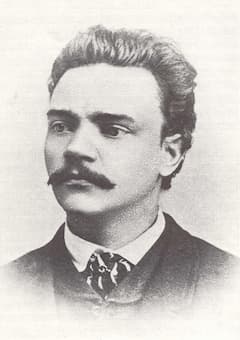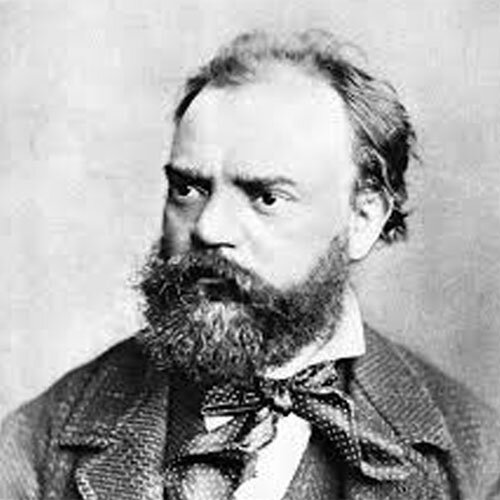The Cello Concerto of Antonín Dvořák Op. 104 is considered by most cellists as the ultimate masterpiece that displays the depth, emotion, versatility, and range of our beloved instrument. Composed for the cellist Hanuš Wihan during Dvořák’s term as Director
Dvorak
The symphonic poem had been created by Liszt as an orchestral work, usually in one movement, that takes another work, such as a poem, a short story, a novel, a painting, a landscape, or some other non-musical source, as its
Since all of Antonín Dvořák’s predecessors were butchers or innkeepers, it was automatically assumed that he would inherit the business. However, in addition to the butcher’s trade the Dvořák family also cultivated another talent, namely, a flair for music. However,
The Prague-based, Czech language music magazine Dalibor reports on 2 May. “Our nation has received a terrible, terrible blow, Antonín Dvořák is no more. Yesterday, at half past twelve in the afternoon, he died from sudden heart failure, having been
With his Cello Concerto in B minor, Op.104, Antonín Dvořák created one of the all-time greatest works in the genre. Yet curiously, Dvořák had written in 1865, “The cello is a beautiful instrument, but its place is in the orchestra
On 10 December 1875, Antonín Dvořák’s Serenade for Strings in E major premiered at Prague’s Žofín Palace. The work was immediately recognized for its emotional appeal and overriding sunny disposition. A review of the premiere, published on 16 December, states,
When Antonín Dvořák returned from the US in 1896, he took poetic ballads from the Czech poet Karel Jaromír Erben as the basis for a set of symphonic poems, including The Water Goblin, The Noonday Witch, The Wild Dove, and
Antonín Dvořák wrote some of the most memorable melodies in all of music. And from the very beginning he wanted to be known as an opera composer. Since he was active during a time when Czech national opera was being

